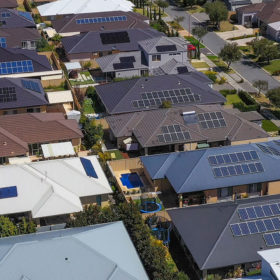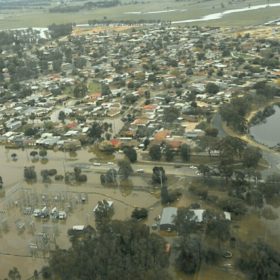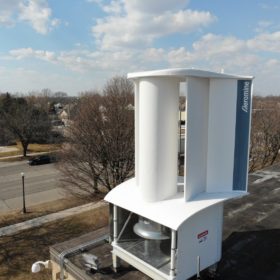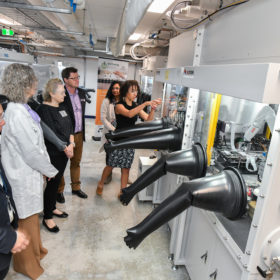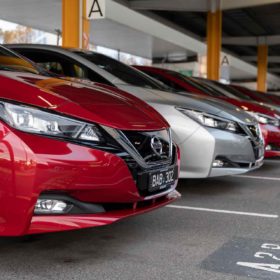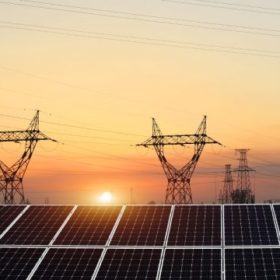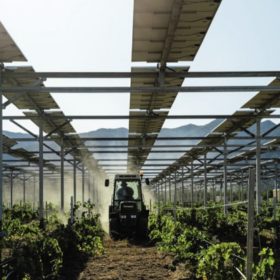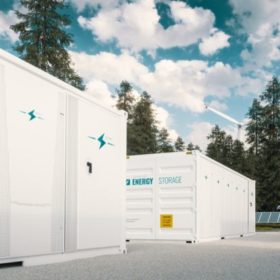Western Power agrees to increase electricity for regional households following fallout
Western Power will begin allocating regional properties in Western Australia’s main grid the same electricity supply as their urban counterparts. The shift comes after sustained community pressure since pv magazine Australia first reported on the issue in July 2022.
Flood crisis prompts Victoria to fund more solar in vulnerable communities
As parts of northern Victoria remain inundated by flood waters and power outages, the state government has announced $7.5 million (USD 4.7 million) in funding for improved energy resilience through rooftop solar and batteries across 24 towns deemed vulnerable to extreme weather events.
Rooftop wind energy innovation claims 50% more energy than solar at same cost
BASF is currently testing Aeromine Technologies’ patented motionless wind-harvesting system.
Victorian university opens ‘advanced’ battery hub for testing and manufacture
Victoria’s Deakin University today launched its $10.3 million (USD 6.5 million) “world-class” facility for advanced battery design, fabrication and testing, in Burwood, a suburb in Melbourne’s east.
Australian EV market share grows 65% in 2022
The demand for electric vehicles in Australia increased by 65% in 2022, reaching 3.39% market share of total new car sales, according to the Electric Vehicle Council’s latest report. Tesla continues to be the dominant brand, with New South Wales and Australia Capital Territory governments topping the charts on policy leadership.
Australian manufacturer achieves 32% efficiency for inorganic perovskite solar cell
Australian manufacturer GreatCell has built a cell with roll-to-roll coating technology. It designed it without a hole transport layer (HTL) and used carbon composite back contacts, which offer excellent electrical conductivity.
AEMO on track with ‘world-first’ grid connections simulator
The Australian Energy Market Operator plans to launch a world-first ‘connections simulator’ this year after completing pilot testing of the online tool that is designed to help fast-track the evaluation and approval process for new clean energy grid connections.
ClearVue moves into residential market with solar glass tech
West Australian smart solar glass developer ClearVue has made the move into the residential housing market, securing its first order to supply its power-generating solar PV windows for a luxury residence being constructed in the Australian Capital Territory.
Semi-transparent agrivoltaic module being developed by UNSW, Tindo
University of New South Wales researchers have teamed up with Tindo Solar to develop a line of semi-transparent modules, specialised for agrivoltaic cropping, which will use nanoparticles tuned to capture different parts of the light spectrum. “There is evidence you don’t need the full spectrum and some plants will work even better if you provide them with only part of the spectrum,” project lead and UNSW Associate Professor Ziv Hameiri tells pv magazine Australia. Crucially, he says, the project will also open a line between farmers, solar researchers and industry, creating the potential for mutual benefits.
NSW government settles on site for ‘super’ battery
Australia’s largest network battery will be built at the site of the former coal-fired Lake Munmorah Power Station as the New South Wales government accelerates its plans to fill the gap created by the fast-tracked closure of the country’s biggest coal generator.
